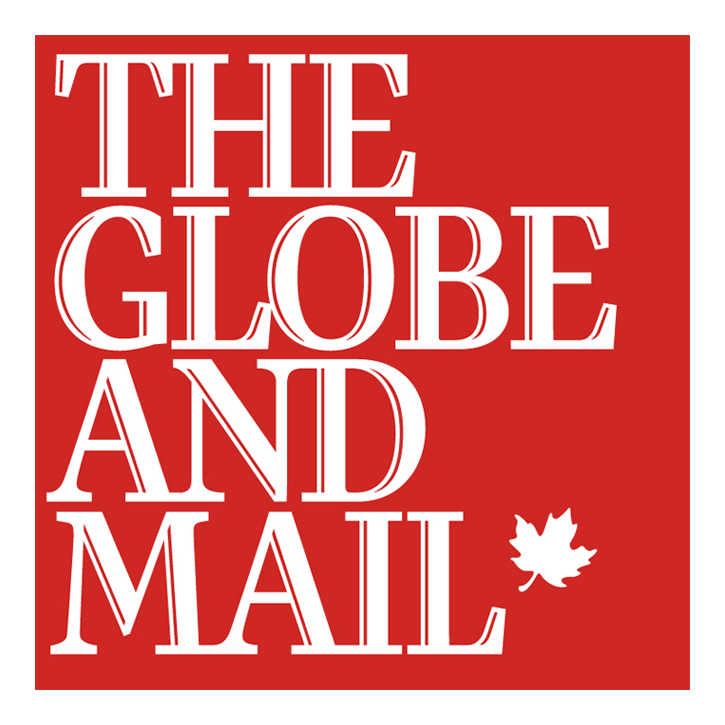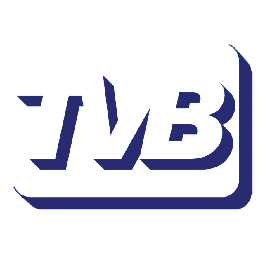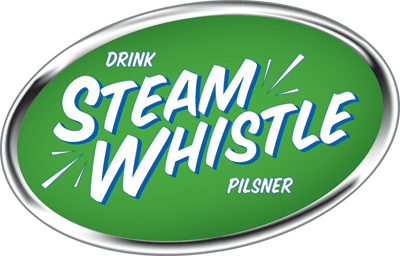DDB/Tribal Worldwide takes Gold for the team
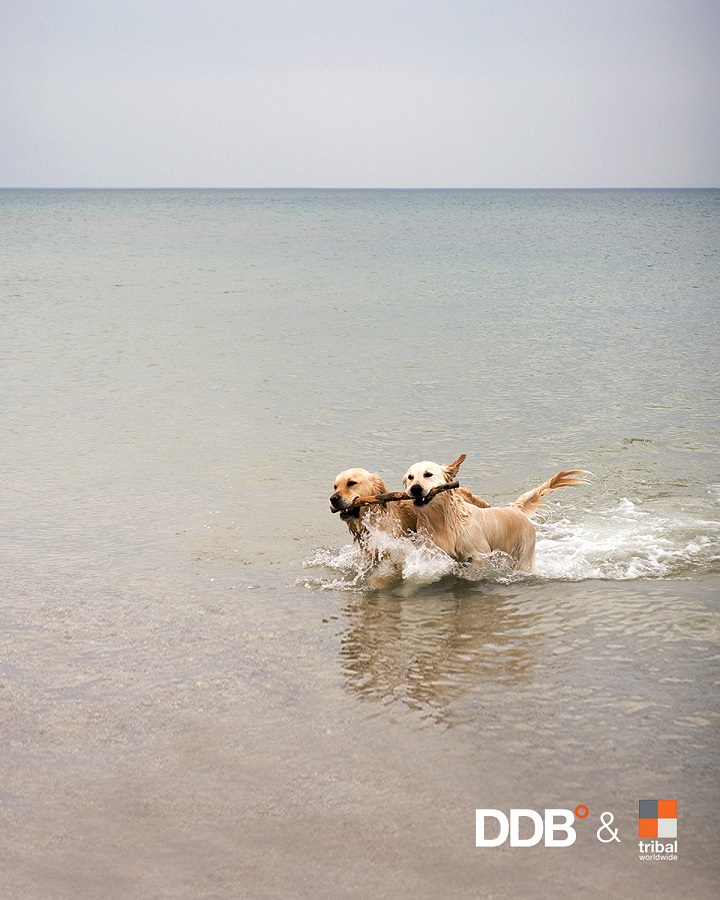
One slip of the paw or opening of the jaw and those trepidatious pups (in the above image) could lose their precious stick. It's up to these furry friends to work together to stay afloat and successfully make it to shore with their prize. What can an agency possibly learn from this touching image, you ask? It's simple: "When you work well together, good things happen," stated DDB/Tribal Worldwide when it put its name in the hat for this year's Digital Agency of the Year competition. In the image, the Gold-winning agency sums up exactly what it stands for.
President and COO Lance Saunders elaborates: "We have an analogy that says most agencies operate like a relay race — the strategist will hand a brief to a creative person, and they will come up with ideas, that then goes to the digital guys, or the CRM guys for more ideas," says Saunders. "What we're trying to do is operate our business more like a rugby scrum. We're all intertwined, and we're all pushing the ball together, rather than individuals running the leg of a race."
The industry has certainly heard this talk before, and both Saunders and CCO Cosmo Campbell are aware of how "airy fairy" it may sound (as the latter creative describes), but now they say they're done just talking about becoming a true collaborative shop, they're starting to actually do it. And how exactly? By leaning on the outside world to teach them. They're working with startups, entrepreneurs, universities, thought leaders, behaviourists, and even their own clients to gain new perspective.
For example, the agency has partnered with Singularity University out of California, which teaches companies how to use cutting-edge technologies (among other things) and, for DDB specifically, ways to align themselves with institutions, think tanks and startups to offer new insights, says Saunders. It's also been learning from Professor BJ Fogg at Stanford's Persuasive Tech Lab, where he's been teaching the shop about a new behavioural model that shows how to "change behaviour beyond great communication." DDB also invests in startups (like MyBestHelper, an online babysitter and nanny service), and embeds them into the agency's offices to give live demonstrations of what it means to work as a team to get to a smart idea, faster.
"You can see how young people in startups talk about ideas. They don't have a couple people go into a big, black box after being briefed and then somebody comes up with an idea," says Saunders. "They have six or eight people in a room working 14 hours a day talking about ideas, reiterating and building on each other's ideas. They get to solutions faster than the way agencies operate."
"We're also [looking at] people who we admire, spending time with Netflix [a DDB client] and learning about how they reinvented how people watch television, or Nordstrom [another client] about their customer focus," adds Saunders. "You can be influenced by these companies when you think about how you can do things differently."
This gung-ho attitude toward collaboration isn't a foreign concept for Campbell and Saunders. They've been attempting to practice a more synergistic approach for some time in the Vancouver office, before they recently (within the past year) moved to their current place of residence, Toronto. They both left the west coast to take on bigger roles, ones that were previously held by David Leonard, who left his president and COO post to head MacLaren McCann, and Kevin Drew Davis, who relocated to DDB's Chicago office to lead the McDonald's account from there. And since then, they've been implementing their learnings from Vancouver, starting with the Toronto office and moving outward to Montreal and Edmonton.
Saunders and Campbell believe there is also the need to be less reactionary, and more proactive. "You either take a victim mentality and wish for the good old days, or you seek out new opportunities and new ways of working," says Saunders, alluding to how the Vancouver market had to learn this first-hand, with more and more clients decoupling from their agencies and subscribing to a more project-based model.
"Most of the business on the west coast is project-based," he says, "and so you don't have the long-term and long-standing relationships that a lot of agencies and brands have here [in Toronto]." Because clients in Vancouver are spending varying amounts on projects in a more sporadic fashion, agencies are having to contract and expand constantly as they're being dictated by market conditions, he adds. But DDB is hoping to get ahead of this by actively pursuing new opportunities and showing clients new ways to solve business problems. "We feel that we're more in charge of our own destiny than what the market is dictating. You have to embrace new thinking."
"DDB was created in the west and grew to the east, but it's four strong entities. We share a lot of thinking between those offices, but we want to make sure each of those offices stand for one thing within DDB Canada," adds Saunders, while thinking out loud about the qualities of each office, from Toronto's digital prowess to Montreal's young startup spirit. "We draw strength from each other, versus being a smaller version of the mother ship. We want each to have their own vision that helps the entire DDB vision to succeed."
Every now and again, DDB sees a glimmer of proof that its efforts to become more streamlined through collaboration are starting to pay off, says Campbell. One example of this is when the agency was preparing submissions for the AOY competitions. Saunders says the team got into a debate over where the idea for a campaign came from: was it digital first, or was it a creative idea with digital later tacked on? "All of a sudden a lightbulb went off and I said, 'This is it. This is the perfect debate to be having.' We don't care where the idea came from, the fact that we're debating which group owns the genesis of the idea proves that we're figuring out collaboration."
